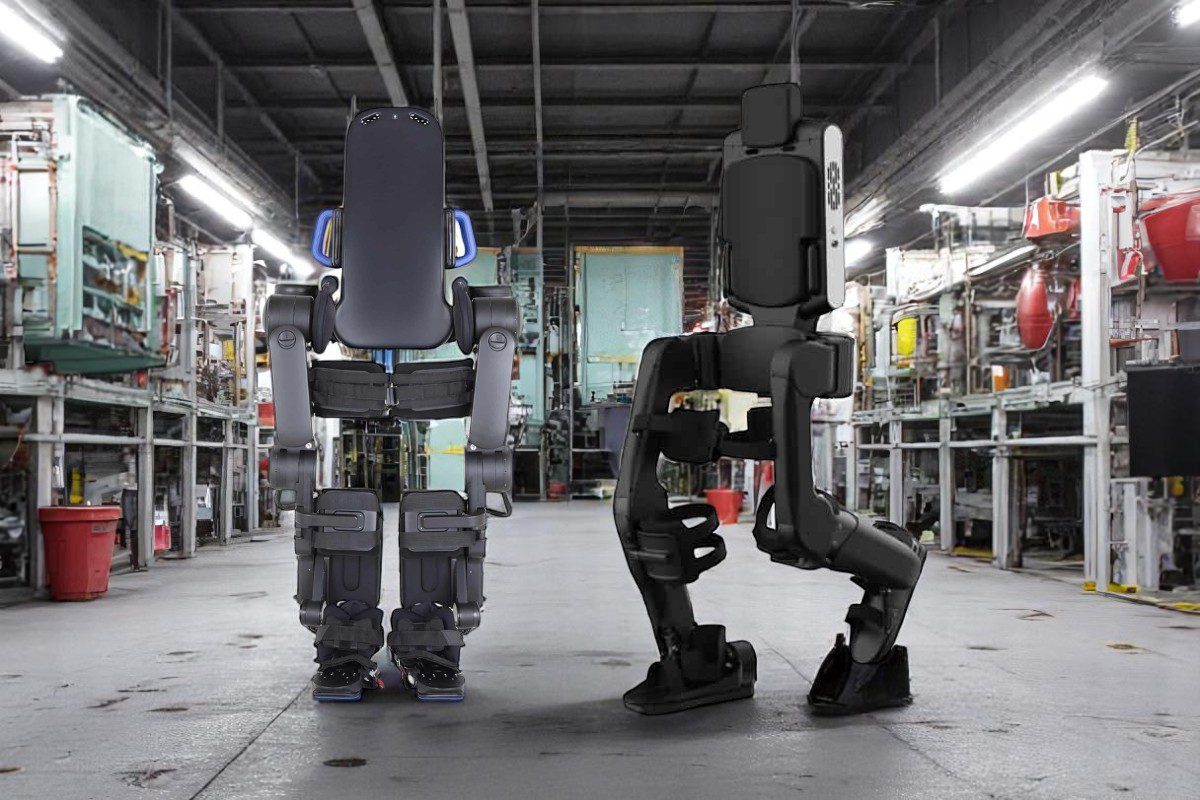Wandercraft, a pioneering medical technology company, has launched groundbreaking clinical trials for its AI-powered personal exoskeleton. The trials, taking place in New York and New Jersey, aim to evaluate the device’s effectiveness in helping individuals with spinal cord injuries and mobility impairments regain independence in their daily lives.
The innovative Personal Exoskeleton represents a significant advancement in mobility assistance technology, building upon the success of Wandercraft’s FDA-cleared Atalante X. This new device enables users to navigate various surfaces, including concrete, carpet, and tile, without the need for additional support equipment such as crutches or walkers.
Revolutionary AI Integration
The integration of physical AI technology sets this exoskeleton apart from conventional mobility devices. The system continuously adapts to users’ movements, ensuring smooth and stable walking across different surfaces. This advanced functionality demonstrates the powerful combination of artificial intelligence and robotics in addressing complex mobility challenges.
Wandercraft’s collaboration with NVIDIA has been instrumental in developing the AI capabilities of the Personal Exoskeleton. The partnership highlights the transformative potential of combining cutting-edge AI technology with innovative medical devices to enhance mobility solutions through NVIDIA AI and NVIDIA Omniverse simulation technologies.
Clinical Trial Details
The ongoing trials are being conducted at two prestigious institutions: the James J. Peters VA Medical Center in the Bronx, NY, and the Kessler Institute for Rehabilitation in West Orange, NJ very soon. These studies specifically focus on individuals with high-level spinal cord injuries, aiming to assess both safety and efficacy in restoring natural walking movements.
Proven Track Record
Wandercraft’s previous success with the Atalante X, which received FDA clearance in 2022, has already demonstrated significant impact. The device has helped hundreds of patients globally achieve over a million steps per month through physiotherapy sessions. The new Personal Exoskeleton aims to extend these benefits beyond rehabilitation centres into home and community settings.
Healthcare Impact
Matthieu Masselin, CEO of Wandercraft, emphasises the significance of these trials: “We’ve seen the profound impact of our exoskeletons in rehabilitation centres, and now we are thrilled to explore how the Personal Exoskeleton could represent a significant leap forward in mobility and walking independence for people with severe walking impairment.”
The technology offers broader health benefits beyond mobility enhancement, including reducing risks associated with prolonged sitting, such as cardiovascular and skin conditions. This comprehensive approach to patient care demonstrates the potential for AI-powered exoskeletons to revolutionise mobility assistance and rehabilitation practices.
Future Prospects
As clinical trials progress and the partnership with NVIDIA continues to evolve, Wandercraft’s AI-powered exoskeleton technology shows promise in transforming the lives of millions facing mobility challenges worldwide. The successful development and implementation of this technology could mark a new era in mobility solutions, offering hope and independence to those affected by severe mobility impairments.
News Source: https://blogs.nvidia.com/blog/physical-ai-exoskeleton/









